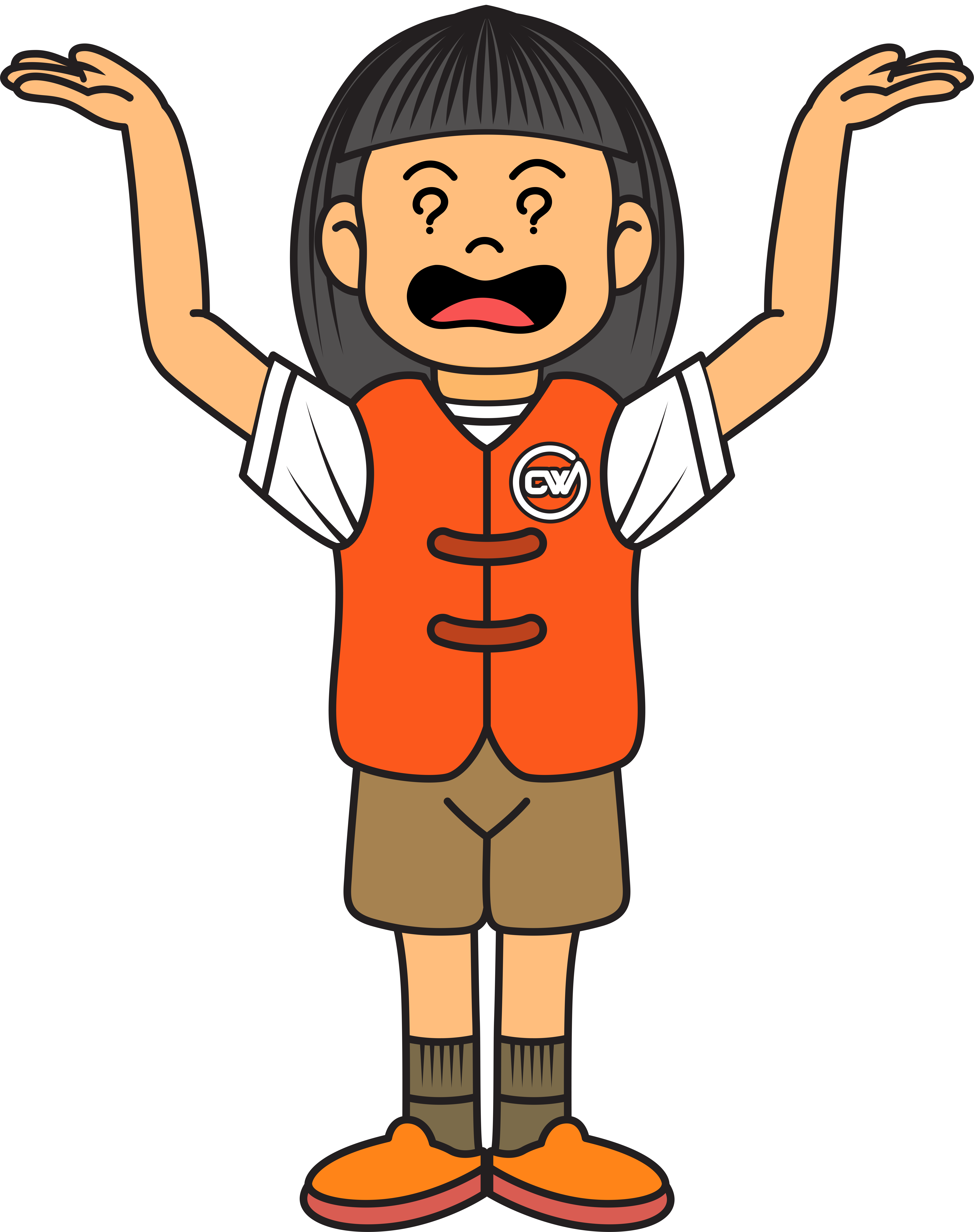how long will i test positive after having covid
Please select the most appropriate category to facilitate processing of your request, Optional (only if you want to be contacted back). According to the Centers for Disease Control and. Isolation & quarantine. And there are no rules stopping them from boarding a plane. Medical Xpress is a web-based medical and health news service that is part of the renowned Science X network. Then, when the cells genomes were transcribed into RNA, the portion of the virus genome that had been incorporated would be included and could be recognized by a PCR test, leading to a positive result. The CDC states that anyone who may have been exposed to someone with COVID should test five days after their exposure, or as soon as symptoms occur. Cambridge, MA 02142, MIT Lincoln Laboratory DOI: 10.3390/v15030629, Journal information: So should you travel with COVID if you come down with it on your upcoming spring-break trip? Transfection does not do this, and correspondingly, the researchers found no evidence with TagMap that it led to viral genomic integration by LINE1 in normal cells. And, of course, there's the common cold to think about, as well. the Science X network is one of the largest online communities for science-minded people. The information in this article is current as of the date listed, which means newer information may be available when you read this. As BQ.1 and BQ.1.1 spread, the most common COVID-19 symptoms are changing too, TODAY.com reported previously. The CDC advised that you may end your isolation after day five if your symptoms improve and you are fever-free for 24 hours without the use of a fever reducer. Hopefully, it will clarify some of the issues raised in the discussion that followed the first paper, and provide some reassurance to people who were worried about the implications for the vaccine.. If youre sick and in contact with them, you could put them in the hospital.. You can also request to be moved next to an empty seat. If you're not vaccinated or boosted, I certainly have a much higher concern that you could get infected. One approach, called whole genome sequencing (WGS), is able to search cells genomes in great detail. Such cellular stresses increase the level of the reverse transcription machinery. I didnt want to be isolated in a last-minute, overpriced hotel room for five more days on the island and deal with flight-change costs. However, if you develop symptoms of COVID-19 during that three-month period, and if clinicians cannot identify another cause for these symptoms, you may need to be re-tested at that time. Holbrook was vaccinated and wearing a mask, but on day three of their family vacation, he tested positive for COVID; by day eight, his wife and one of the girls were also positive. In this column, our travel expert Jen Murphy will be addressing your questions about how to navigate the world. And the CDC notes that this approach may mean you wear a mask around others for longer than 10 days. And that's particularly true for people who keep testing positive late into their infections. Should I Restest After a Positive COVID-19 Test if New Symptoms Develop? People skeptical of the first paper performed this type of experiment and came up with a negative result; Jaenisch and Zhang were not surprised by that, and it is consistent with their own findings when using this approach. In a study published in Clinical Infectious Diseases in June, researchers found that 17% of participants had active viral cultures beyond day five. When it does come across an instance of viral genomic integration, it can identify not only the reverse transcribed viral sequence, but also two sequences near the viral sequence that are added when it is integrated into the genome by a common reverse transcription complex called LINE1, which is encoded in the host cells. After your booster, you might feel some familiar side effects, such as fatigue, muscle aches, fever and chills. Each of these methods has advantages and disadvantages. By the last day of the trip, I started feeling run-down, and I really wanted to get home, she says. When Ross Holbrook flew from Denver to San Jos del Cabo, Mexico, with his wife and two young daughters last May, he watched his seatmate chug a bottle of DayQuil cold medicine. Carmino DeMecurio was one of those people. In a study published in JAMA Network Open in October, researchers looked at repeated rapid testing results for 942 people during last winter's omicron BA.1 wave. For more than a year, providing timely proof of a negative COVID test ahead of your flight was a pricey, stressful hassle. Try to take a rapid test as close to the time of your departure as possible to get the most accurate reading. Then wear a well-fitting mask at all times around others for another 5 days. Clinical questions about covid-19: questions and answers. Please, allow us to send you push notifications with new Alerts. According to a spokesperson for the American Hotel and Lodging Association, its up to individual hotels to decide whether to offer a discounted rate if a guest must extend a stay due to quarantine. Public health authorities consider a positive PCR test to be a true positive, so a subsequent negative test would not change the requirement for isolation. In this transitional period of the pandemic, many people are already treating it like the flu or a cold, says Henry Wu, director of the Emory TravelWell Center in Atlanta. What To Do About a Lingering Cough After COVID, Paxlovid Rebound: CDC Warns of COVID-19 Symptom Recurrence. How long can you test positive for Covid? If you develop any symptoms that might signal COVID-19, you should take a home test immediately, the CDC says. This is an ethical dilemma many of us are now facing: Is it OK to fly when Ive got COVID? Pfc. I found myself in the throes of such a predicament right before the holidays. Cells that have had a bit of SARS-CoV-2 mRNA put into them. If you have a more severe case or other medical conditions, it could take months. The researchers found that transfection of SARS-CoV-2 mRNA did not lead to genomic integration in the same way that infection did. Whole genome sequencing provides very strong proof that viral genomic integration can occur in the right conditions. Should I Retest After a Positive COVID-19 Test if My Employer Asks? You may have a rebound if you notice mild COVID-19 symptoms briefly return. Whitehead Institute for Biomedical Research, Cells that have had a bit of SARS-CoV-2 mRNA put into them. You can take a rapid at-home test. When Are You No Longer Contagious With COVID-19? - Verywell Health The Rules of Asymptomatic COVID Have Changed - The Atlantic Your feedback is important to us. The most frequent symptoms these days include sore throat, runny nose, congestion and sneezing. If you had symptoms, the CDC says you can be around others after you isolate five days and stop exhibiting symptoms. As long as you continue to test positive on a rapid at-home test, you should still consider yourself potentially contagious, Kissler says. Rates of flu and respiratory syncytial virus (RSV) are also rising, as TODAY.com explained previously. If you receive a positive result after testing for COVID-19 and have symptomsincluding fever, cough, fatigue, headache, sore throat, or new loss of taste or smell, among othersthe CDC recommended you isolate yourself at home for five days regardless of whether you are vaccinated against the virus. People who can't access the website or who . Some research has aligned more closely with the CDC isolation guidance, which assumes most people will no longer be infectious after five days. Instead, you should follow your symptoms and count the days and continue to mask up around others. You should wear a mask if you have to be around others, stay as separate from others as possible, and avoid sharing personal items during those five days. With a rapid test, you may test positive for six or seven days after your symptoms have cleared. The safest strategy is to continue to isolate until you're no longer testing positive, the experts stress. Those symptoms should go away on their own within two days, experts said. "Test as soon as you have symptoms," Volk recommends. Indeed, the CDC found, "Between 5 and 9 days after symptom onset or after initial diagnosis with SARS-CoV-2 infection, 54% of persons had positive SARS-CoV-2 antigen test results." The LA. Jaenisch and Zhang could not get access to the actual vaccine RNA, packaged into a lipid coat, which is used for vaccination. A positive test generally correlates with the presence of infectious virus. Research from Whitehead Institute Founding Member Rudolf Jaenischs lab reveals that this may be true on multiple levels. Youre right. How Long Will You Test Positive for COVID-19? - Verywell Health After 10 days, nobody in the study had infectious virus detectable on a PCR test. Chan School of Public Health in the department of immunology and infectious diseases, tells TODAY.com. And if you absolutely have to be around other people (say, if you share a home with others who are COVID-negative), you should wear a well-fitted mask. If you must interact with others before testing negative, make sure to wear a high-quality mask, maintain distance from other people when you can, and avoid spending time in enclosed spaces around other people. Quarantining while traveling has also been a costly and inconvenient part of the pandemic, as anyone who has been required to do it can attest. (Regulations for international travel have largely followed suit, with very few nations still requiring testing or proof of vaccination for inbound passengers; a full list of country-specific entry requirements can be found here.). In terms of isolation, the CDC says people who are symptomatic should isolate for 10 days after first experiencing symptoms and for 24 hours after they have been fever-free without using any. Still, 19% of those who were asymptomatic continued to test positive on day 10, the study found. Why is it taking so long to test COVID-19 negative? - Poynter And remember that even a faint line on a home COVID-19 test should be considered positive. But people tend to be most infectious right at the beginning of their COVID-19 infection. One approach, called whole genome sequencing (WGS), is able to search cells' genomes in great detail. Sat, Sun 10 a.m. 4 p.m. FAQ: Positive tests: Isolation, quarantine, and re-testing. If you are in certain high-risk settings, you may need to test as part of a screening testing program. The CDC does not advise employers to mandate negative COVID-19 tests after employees complete their recommended five-day isolation. Ideally, if you have access to enough tests, you wouldnt stop masking until you get two consecutive negative rapid test results taken 48 hours apart, Volk says.
How Do I Transfer A Parking Pass On Ticketmaster,
Articles H



